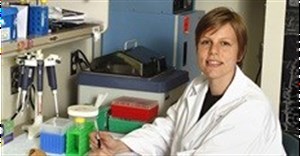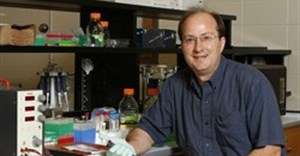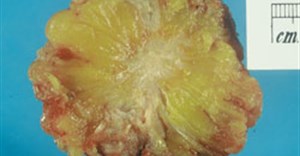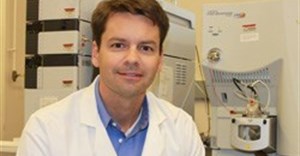Subscribe & Follow
Trending
-

-
 Temu app considered malicious malware in new US lawsuit [Updated]Lindsey Schutters
Temu app considered malicious malware in new US lawsuit [Updated]Lindsey Schutters -

-

-

-
 #YouthMonth: Meet Tribeca Public Relations new facesKarabo Ledwaba
#YouthMonth: Meet Tribeca Public Relations new facesKarabo Ledwaba
Combined interventions improve depression in cancer patients
Those are the findings of a new study by researchers at the Ohio State University Comprehensive Cancer Centre - Arthur G. James Cancer Hospital and Richard J. Solove Research Institute (OSUCCC - James) and the Ohio State University Department of Psychology that involved 36 cancer survivors who had been diagnosed with major depressive disorder.
The findings are published online in the Journal of Consulting and Clinical Psychology.
"Our aim was to design and test an intervention that would address the unique needs and challenges facing clinically depressed cancer patients," said first author Brittany M. Brothers, a researcher at OSUCCC - James.
The phase II trial evaluated the effectiveness of combining a psychological intervention to reduce stress and enhance coping, along with cognitive behaviour therapy to help treat depression. Treatment consisted of up to 20 individual 75-minute combined intervention sessions.
The stress-reducing psychological intervention was developed specifically for newly diagnosed cancer patients and is grounded in a biobehavioural model, meaning that the intervention had psychological, behavioural, and biological components.
Previous findings
Previously published findings show that the biobehavioural therapy reduced stress and enhanced the ability to cope, resulting in significant relief of depressive symptoms. The intervention also reduced the risk of breast cancer recurrence and death.
Cognitive behaviour therapy has been proven successful in treating depression in the general population, and including its treatment strategies provided additional components needed for treating depression. Cognitive behaviour therapy helps patients to change their thinking in a realistic manner, typically resulting in improvements in mood, said Brothers.
"We found that the depressive symptoms in cancer survivors receiving a combined biobehavioural and cognitive behaviour intervention declined significantly, and 19 of 21 patients who completed the study met the criteria to be in remission for their major depressive disorder," said Brothers. "We also noted improvements over time in fatigue and mental health quality of life, despite the fact that the patients' physical health remained the same."
Many newly diagnosed cancer patients experience major depressive disorder
An estimated 22% to 29% of newly diagnosed cancer patients will experience major depressive disorder. Depressive symptoms predict poorer quality of life and greater fatigue, but frequently are undetected or underestimated by oncologists and nurses. Currently, there are no interventions designed specifically for cancer patients with major depressive disorder.
"This research trial is the first to combine 'traditional' cognitive behaviour therapy with cancer-specific intervention components, and we found it to be effective in treating depression," Brothers said. "This is important as existing psychological interventions for cancer patients are more effective in treating symptoms of anxiety rather than depression."
Depression is under-detected and under-treated in oncology patients, said co-author Barbara L. Andersen, a professor of psychology and an OSUCCC - James researcher. Further research is warranted to evaluate this psychological intervention against usual care.
Funding
Funding from the Columbus affiliate of Susan G. Komen for the Cure, The Ohio State University Targeted Investments in Excellence Award, The Ohio State University Graduate School and the National Cancer Institute supported this research.
Other Ohio State researchers involved in the study are Hae-Chung Yang and Daniel R. Strunk.
The Ohio State University Comprehensive Cancer Centre - Arthur G. James Cancer Hospital and Richard J. Solove Research Institute (cancer.osu.edu) is one of only 40 Comprehensive Cancer Centres in the United States designated by the National Cancer Institute. Ranked by US News & World Report among the top cancer hospitals in the nation, The James is the 205-bed adult patient-care component of the cancer program at The Ohio State University. The OSUCCC - James is one of only seven funded programs in the country approved by the NCI to conduct both Phase I and Phase II clinical trials.
Source: Ohio State University






